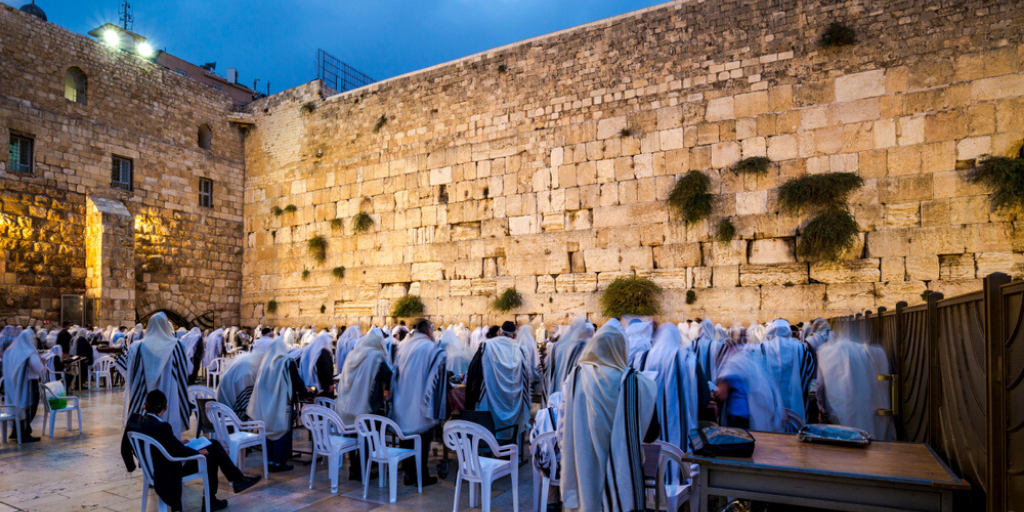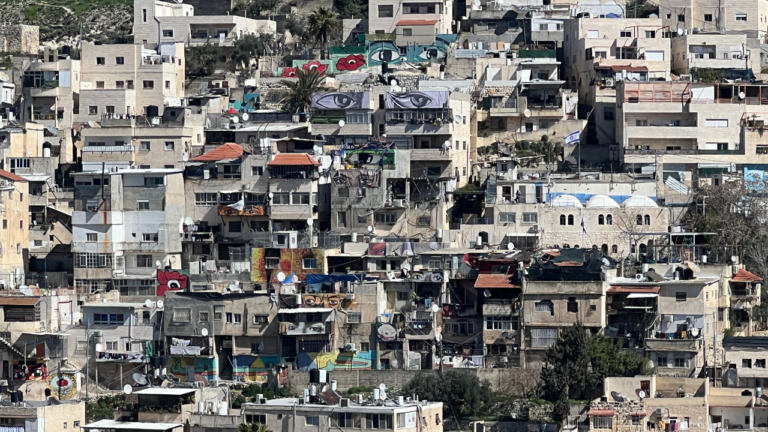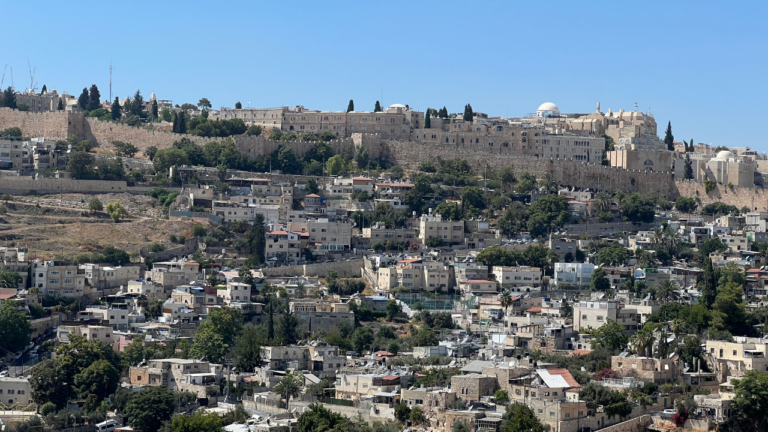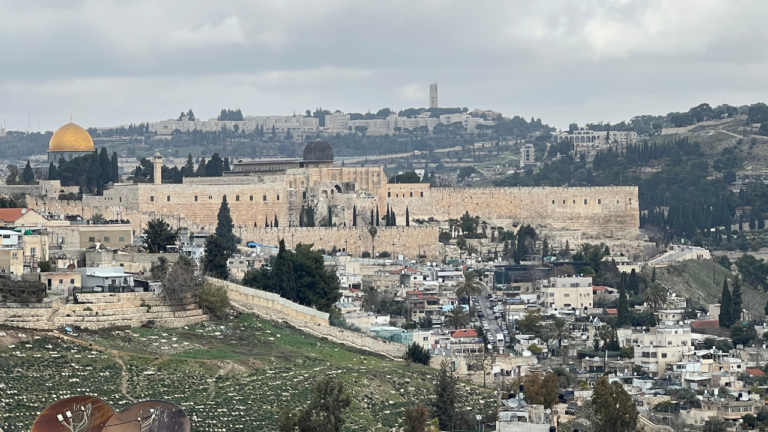Tasting the Good of Jerusalem
The end of our parsha returns us to the scene of the Jewish people’s preparation for the Giving of the Torah at Mount Sinai. It is here that we discover that Moshe reads from the “Book of the Covenant” to the Jewish people and they respond: “All that God speaks we will do and we will hear.” The Talmud, highlighting that the Jews placed obedience before understanding, heaps praises upon the people. It was at this point that the Jewish people became even more elevated than the angels. God himself responds in appreciative astonishment: “Who revealed this secret to my children!”
Considering the centrality of this original declaration, many commentators have used it as a model for our attitude going forward as well. For example, the Baal Shem Tov used this declaration as a model for our service of God. As per his Chassidic ideology, he focuses on the relationship between deed and experience. We are supposed to not only obey divine command by rote but also connect with God and feel His presence in our lives. What is the relationship between these two poles in our service of God? What is the best way to achieve true religious experiences?
The shortcode is missing a valid Donation Form ID attribute.
The Baal Shem Tov cites “we will do and we will hear” as a model for all future generations. If one wants to “understand how to act in the service of God” and really experience God, one must begin with action. Throw yourself into the mitzvah. Begin to study Torah. Begin to pray. Begin to perform mitzvot. Even as these may seem strange and arbitrary acts and one does not understand why they are important, we have a promise that deed will lead to experience. King David in Tehillim says “taste and see that God is good.” If one wants to experience the goodness of God he must begin with “tasting” – not meditation or abstract contemplation, but becoming physically involved in the matters of Torah. Deed is a prerequisite not only of wisdom, but of experience.
This is certainly true regarding Jerusalem. From a detached perspective, it is hard to understand the uniqueness of Jerusalem, why would God choose this single city, seemingly similar to thousands of other cities around the globe. However, despite the lack of understanding, the experience is undeniably there. Even today, when one walks the ancient streets of the city, prays at the Kotel and sees its views, one can experience a flicker of what it means to be in God’s home. Jerusalem as a theory is perhaps not comprehensible. But as a lived experience it is undeniably God’s home.



